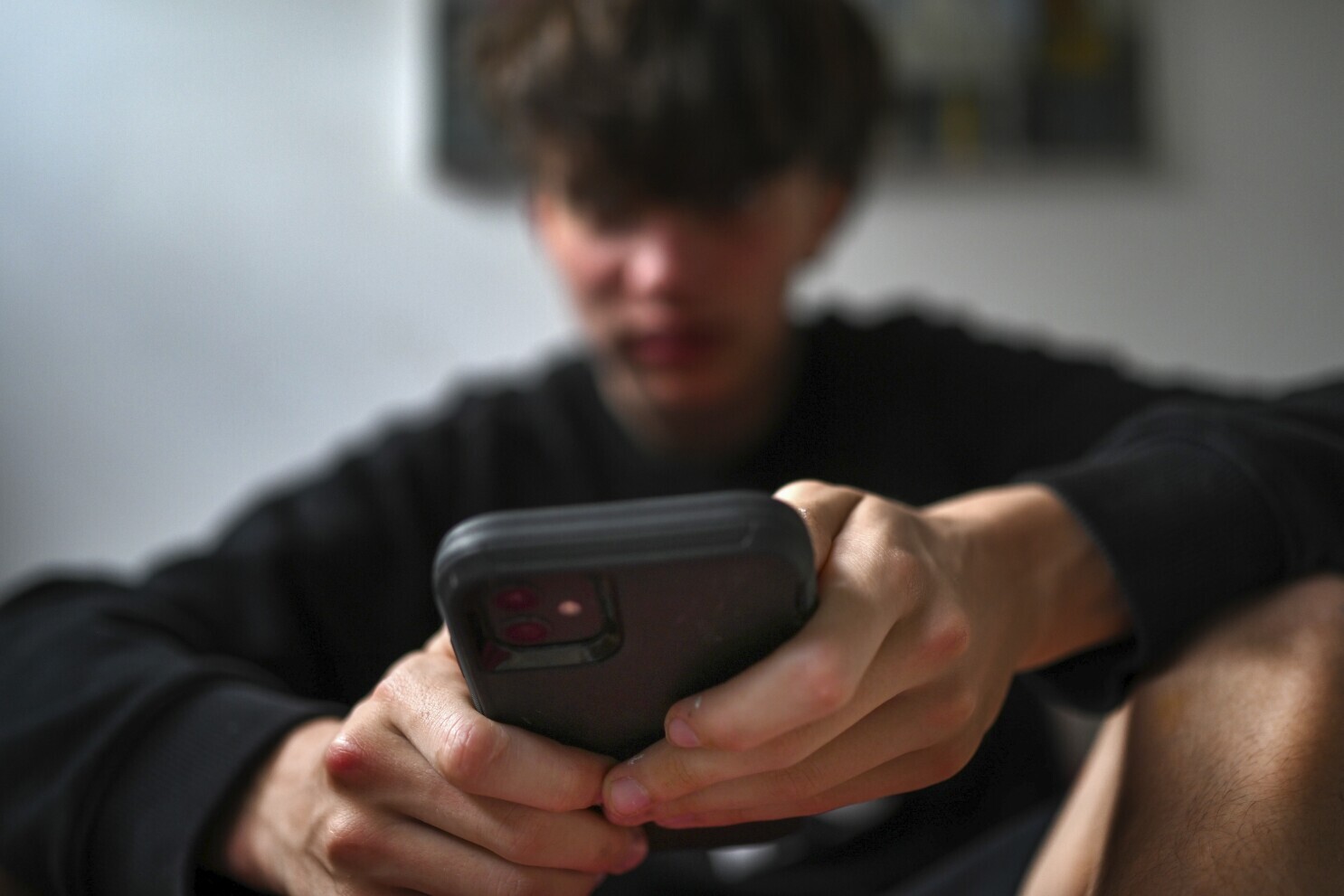Australia’s Senate has passed a groundbreaking law banning social media use for children under 16, making platforms such as TikTok, Facebook, and Instagram liable for fines of up to 50 million AUD ($33 million) for failing to enforce the restrictions. After the House of Representatives overwhelmingly approved the legislation, the Senate followed suit with a vote of 34-19.
Although opposition amendments made in the Senate await formal House approval, the government has committed to passing them. Platforms have a year to develop enforcement mechanisms before penalties begin, though companies like Meta criticized the legislation as rushed and potentially unworkable.
Key amendments to the law strengthen privacy protections, prohibiting platforms from requiring government-issued identification or using government systems for age verification. However, critics warn the measures might compromise user privacy by mandating proof of age.
While major political parties back the ban, child welfare and mental health advocates voice concerns about its unintended consequences, including isolating children and undermining the benefits of social media. The legislation has drawn mixed responses from stakeholders, highlighting divisions over its potential impact on young users and society.
Supporters of the ban, including opposition Senator Maria Kovacic, argue that social media companies have long neglected their duty to protect underage users. High-profile advocates like Sonya Ryan, whose daughter Carly was murdered by an online predator, view the law as a significant step toward safeguarding children online.

Australia Enacts Landmark Ban on Social Media for Children Under 16 Amid Privacy Concerns
Families affected by online harm, such as Wayne Holdsworth, who lost his son to a sextortion scam, have celebrated the legislation as a meaningful victory. They stress the urgency of addressing risks posed by unregulated access to social media platforms.
Critics, including mental health advocates and organizations like Suicide Prevention Australia, caution that the ban could have harmful effects by cutting children off from supportive communities. They argue the government rushed the legislation without sufficient evidence or consultation, ignoring the positive role social media can play in young people’s lives.
These groups emphasize the need for evidence-based policymaking and warn that isolating children could exacerbate mental health challenges, especially for vulnerable groups like the LGBTQI community and those in regional areas.
Detractors also suggest the government pushed the legislation to appeal to voters ahead of the general election. They claim the law risks backfiring by undermining parental authority, driving children to less-regulated parts of the internet, and reducing incentives for platforms to improve safety measures.
While the law’s proponents highlight its symbolic and practical importance, ongoing debates over privacy, implementation feasibility, and the broader societal impact underscore the complexities of regulating social media in a way that balances safety and accessibility for young users.
